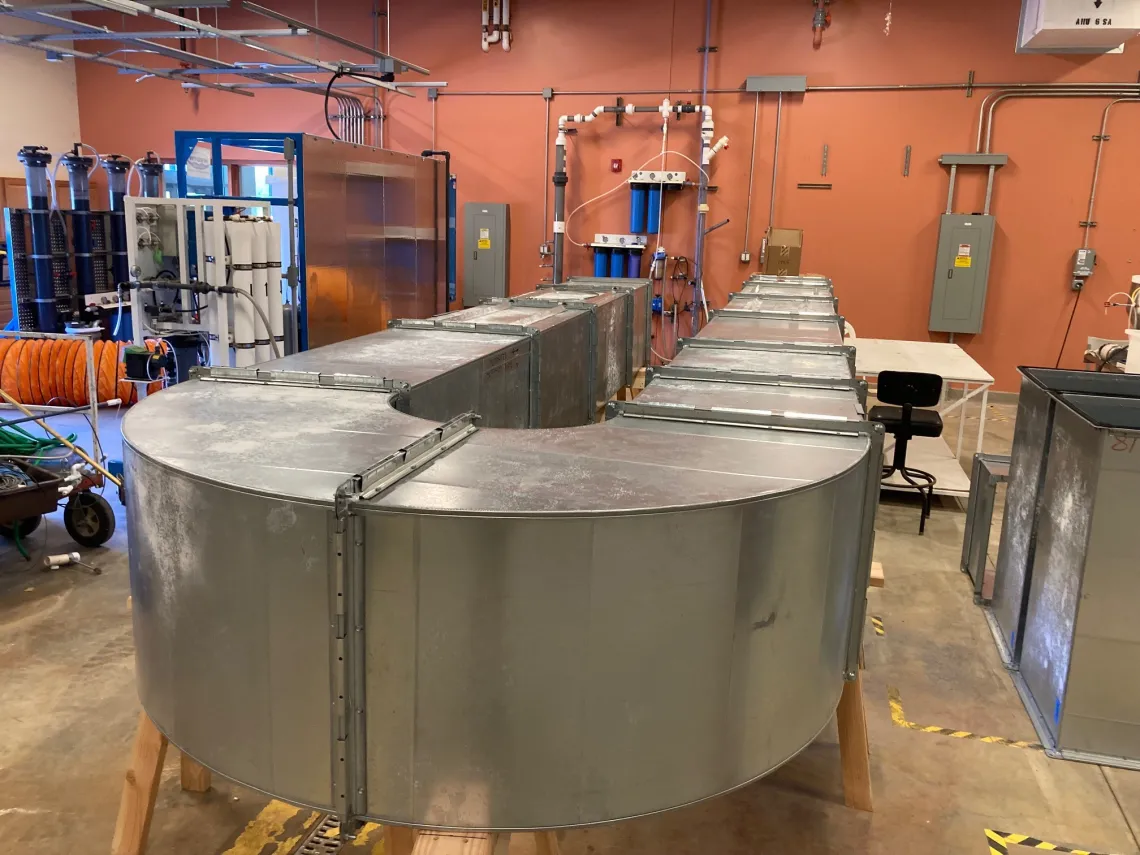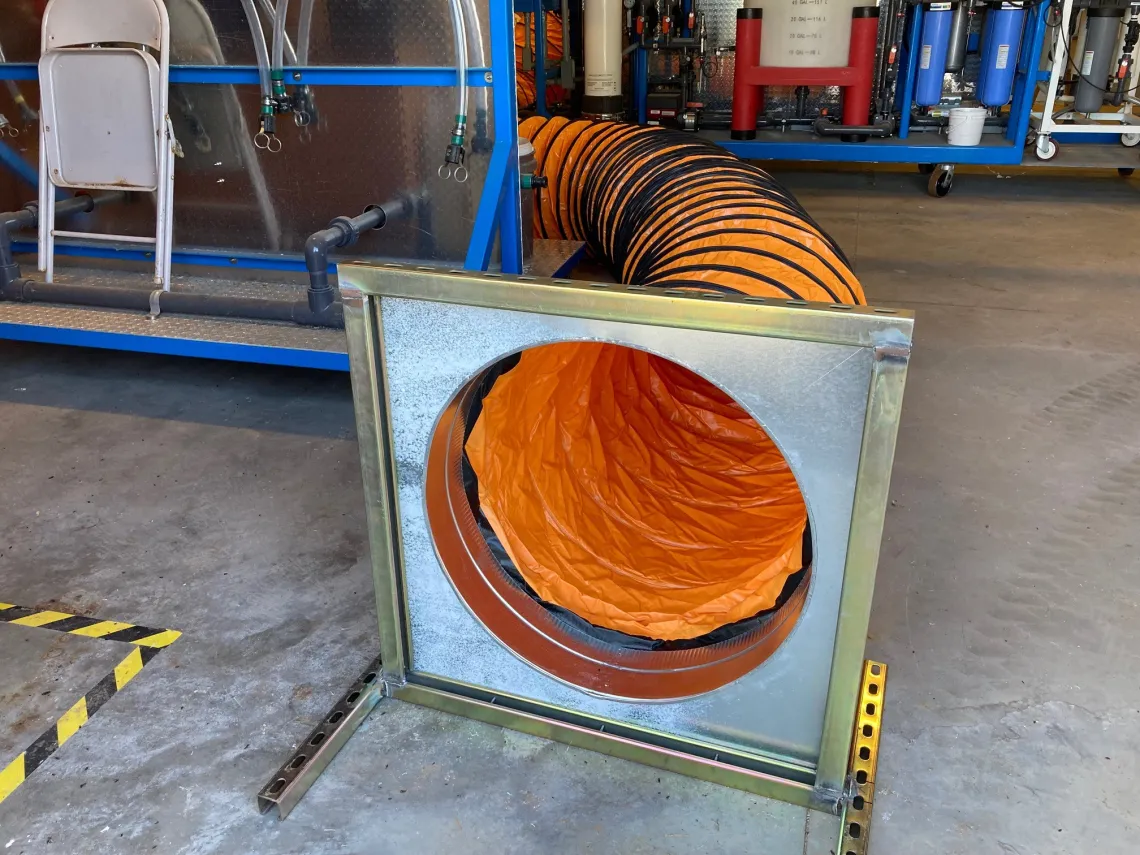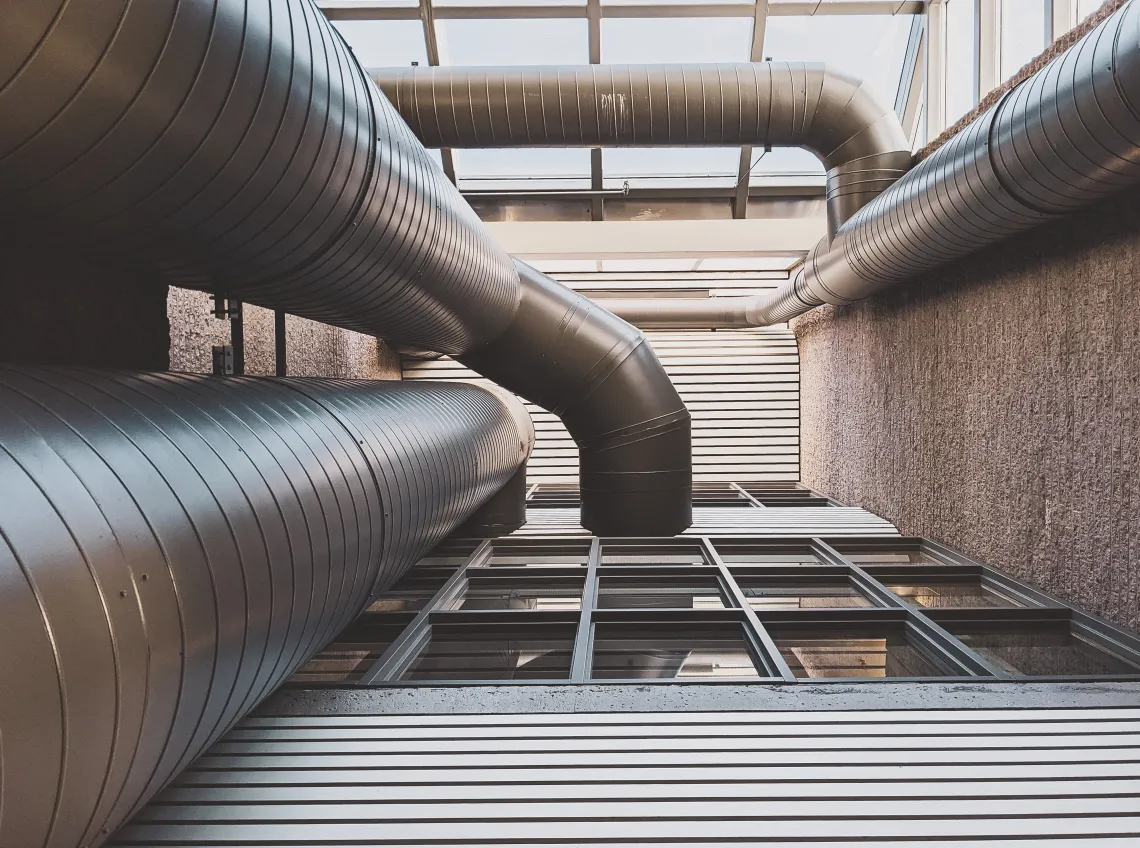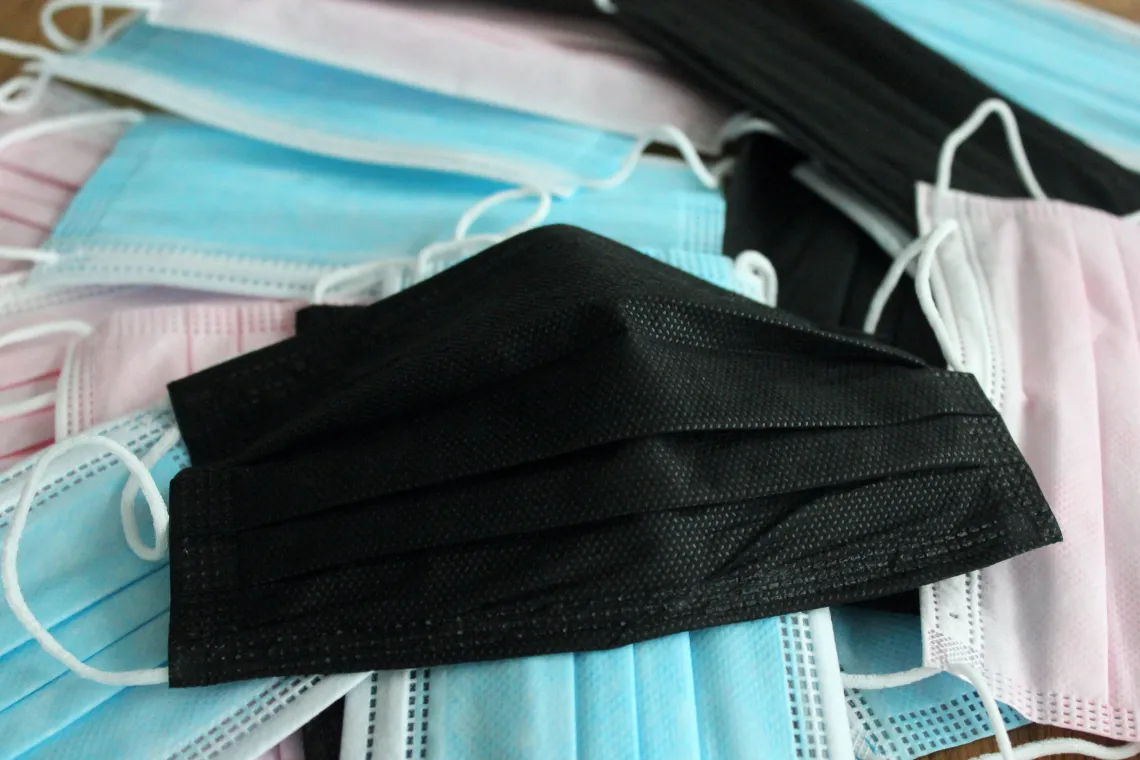Researchers at WEST work to improve safety of face masks, filters

Led by Dr. Marc Verhougstraete of the College of Public Health and Dr. Luisa Ikner from the Department of Environmental Science, a new study aims to evaluate the efficacy of a filter coating used to improve the effectiveness of face masks, respirators, and air filters. As stated by the manufacturer, Steel Jupiter, “Our proprietary coating (patent-pending) added to face masks, respirators, and air filters traps 99.99% of airborne viruses, bacteria and VOC’s including COVID-19.” The company is working with the University of Arizona to provide independent testing of the coating, called Zinia, as it pursues industry standard health and safety certifications for its product.
Now in its second year, the WEST Center project has multiple objectives.
- Define filtration and trapping efficacy of the coating material: With direction from Dr. Verhougstraete, the project will assess material operational effectiveness over time and under varying conditions through experiments that utilize a constructed Heating, Ventilation, and Air Conditioning (HVAC) system in the WEST High Bay, and low flow chamber. Researchers will test the performance of the coating using various HVAC filter materials (polyester, other synthetic blends), face mask materials (woven, non-woven synthetic materials), flow rates through materials, and relative humidity and ambient temperature.
- Determine the denaturing capability of Zinia treated materials: With supervision from Dr. Ikner, the project will also measure the persistence and decay of organisms in Zinia treated materials as well as quantify viral inactivation over time. This stage of the study will explore Zinia performance under varying conditions, including adjusted concentrations of respiratory pathogens in the system, and different temperature and humidity profiles of the environment.
- Assess real world application: The third phase of the project is a collaboration between the primary investigators. The team will seek to determine the length of time Zinia treated materials retain organisms in the media. They will also assess whether or not treated materials transfer organisms 1) to human skin when touched and/or 2) to various surface types when set on hard surfaces.
The joint Public Health-Environmental Science project was launched at WEST Center in summer 2022 with the construction of a simulation HVAC system. It is scheduled to run through summer 2023. The project is funded by Steele Jupiter with support from the University of Arizona’s Arizona Institute for Resilient Environments and Societies (AIRES) and Office of Research, Innovation and Impact (RII).





